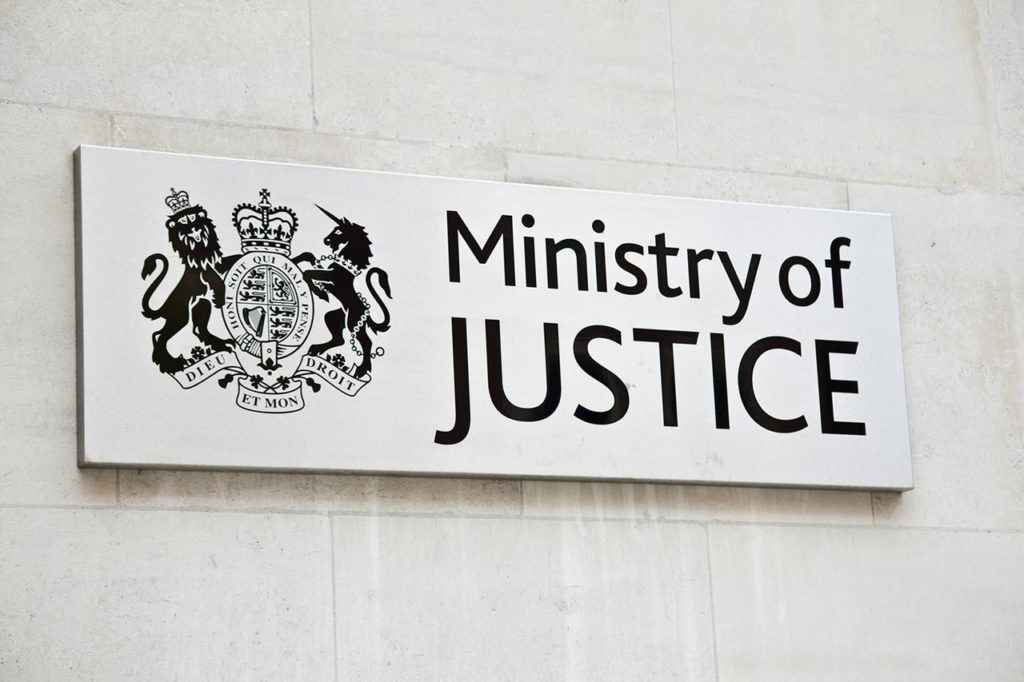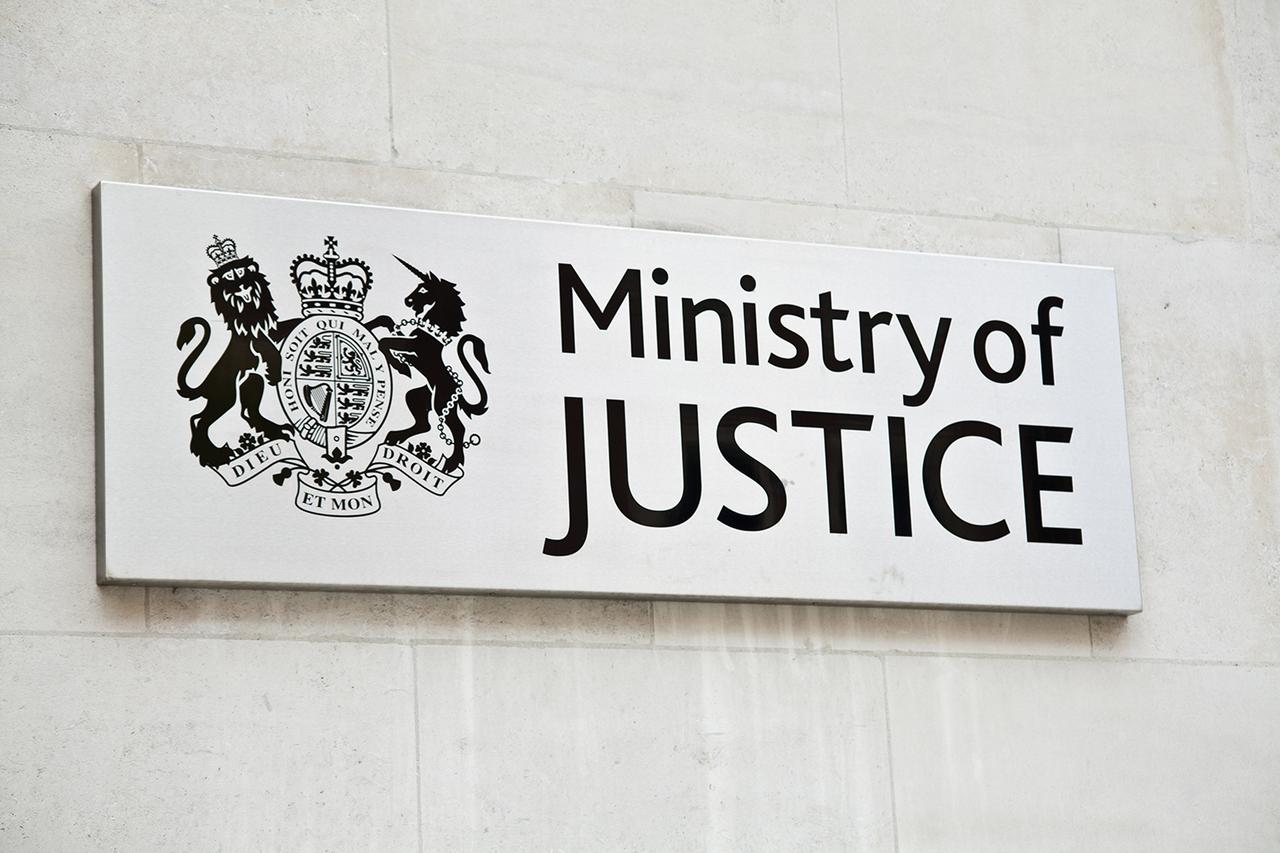The government may have breached its duty to provide access to justice due to grave issues in the legal aid sector.
A new report commissioned by the Ministry of Justice has described a civil legal aid system in crisis, requiring urgent reform to stabilise the sector. It found some legal aid providers are turning away 90% of applicants due to a lack of capacity, and 88% of providers are unsatisfied with the current fee structures. Fees have not risen in most areas of the market since 1996 and many were cut by 10% following the implementation of LASPO. This has led to a widening divergence against rates in the private sector, and challenges to the financial liability of legal aid.
The report reveals a 40% decline in civil legal aid providers since 2011-12, a reduction that has heavily impacted access to justice for vulnerable groups. Seven out of eleven legal categories, including housing and asylum law, are under significant strain, with over half of remaining providers overwhelmed by high demand. This alarming contraction has left large swathes of the population in ‘legal aid deserts’ where essential legal support is virtually inaccessible.
According to the Law Society, 47% of local authority areas lack any legal aid provision for housing cases, creating widespread inequity in access to justice. Many individuals are left to navigate complex legal issues without representation, exacerbating social and economic inequalities.
The report also highlights the precarious financial state of legal aid providers, with most struggling to cover costs. Only 45% of providers report making a profit from legal aid work, while 33% incur losses and 22% break even. These challenges stem largely from stagnant fee structures, which critics argue are insufficient to sustain the sector. Since the enactment of the Legal Aid, Sentencing and Punishment of Offenders Act (LASPO) in 2012, civil legal aid cases have plummeted by 50%.
In response, the Ministry of Justice has announced the fee increase for specific legal categories. However, critics argue this measure merely restores fees to pre-2013 levels and fails to address systemic issues.








